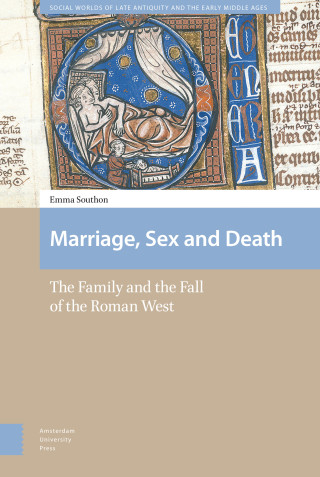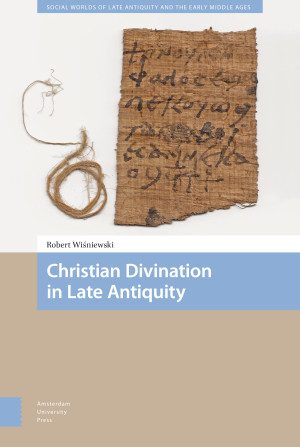"Christian Divination is well researched with regard to both primary and secondary sources, and it is unreservedly interesting. The author brings to bear a wealth of material from a variety of genres, including letters, imperial legislation, hagiography, histories, councils, and more."
- Martha Rampton, Studies in Late Antiquity, issue 3, 2024
"I recommend this book not just to scholars of late antique religion, but more widely to students and researchers of medieval Christianity and medieval prognostication. [...] For students of the middle ages the book is a welcome reminder that many of the medieval practices that used to be and sometimes still are discussed as "pagan survivals" were in fact already a part of Christian culture in late antiquity and were the result of active elaboration of Christian ideas to answer the kinds of needs ancient divination had covered."
- Jesse Keskiaho, The Medieval Review, 22.01.16 (2021)
"Robert Wisniewski has written a beautiful and very interesting book about Christian divination in Late Antiquity (4th-6th century)."
- Mark Beumer, Kleio-Historia, 13 (2021)
"The volume is a well-organized and detailed treatment of Christian divination in the fourth through the eighth centuries. The evidence is fascinating and compelling. Wisniewski balances examination of the widespread practices themselves with how Christian officials sometimes condemned them."
- Jennifer Eyl, Journal of Early Christian Studies, Vol. 29, No. 3
“[...] the book is a wonderful resource for the Christian divinatory practices that clerical authors, if not explicitly recommended, 'neither were...so eager to condemn' (15).”
- Yuliya Minets, Church History, Vol. 91, Iss. 1

